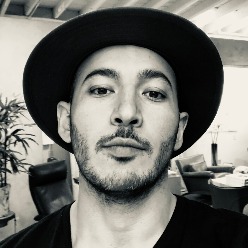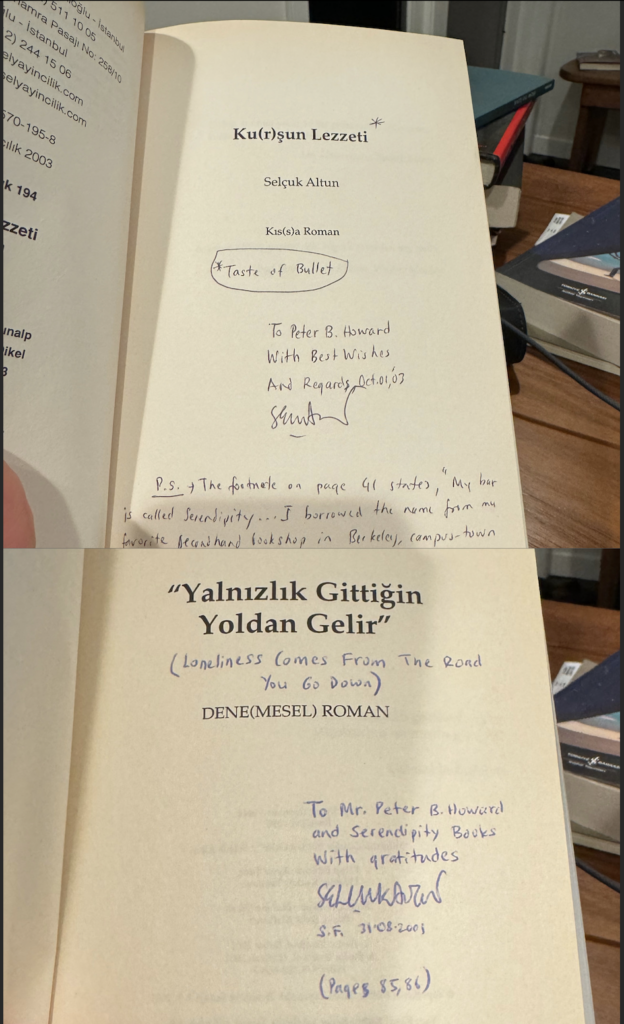31- Ortalama 60-70 film izlemişim bu sene. Genelde Prime Video’dan izliyorum ya da kiraliyorum. Bunların içine uçakta izlediklerimi saymıyorum. Ara sıra Netflix ve sinemada izlediklerim de yok. Gerçi, bu sene sanırım sinemaya sadece Oppenheimer için gittim. Artık sinemaya gitmek neredeyse bitti benim için. Vizyon filmlerinin üzerinden biraz zaman geçip yorumlarına bakıp izliyorum. Ya da eski filmleri izliyorum. Çoğu zaman filmleri genellikle çok alakasız zamanlarda oturup bilgisayarımdan izliyorum.
Gelelim Benim 2023 Top 20 Filmime:
The Last Duel (2021) – Adam Driver’ı seviyor muyum, yoksa gıcık mı oluyorum, bilmiyorum ama Matt Damon’la olan bu filmi 2 defa izledim. Ben Affleck de bu filmde fena değildi.
Leviathan (2014) – Orijinal bir Rus filmi. 2015 Oscar Yabancı Film Kategorisinde aday gösterilmiş.
Anna (2019) – Casus filmlerini seviyorum. Özellikle Rus ve Amerikan çifte ajanlar.
A Million Miles Away (2023) – Gerçek bir hikaye. Meksikalı bir astronotun zorlu NASA’ya girişi ve yolculuğu.
No Country for Old Men (2007) – Bir Javier Bardem hayranı olarak bu filmi ikinci defa izledim ve bu sefer daha dikkatli izledim. Oscarlı bir film.
Inside (2023) – Sanırım beni bu sene en çok etkileyen film bu olabilir. Willem Dafoe müthiş oynamış. Çok iyi bir hikaye. Anlatmayacağım, izleyin.
Stagecoach (1939) – İki Oscarlı bir başyapıt. Bir kitapta ismi geçtiği için izledim.
Allied (2016) – Diğer bir favori oyuncum Brad Pitt’ten bir ajan hikayesi. Marion Cotillard’a Inception’dan sonra hayran olmuştum. Bu filmde de çok iyiydi.
Only God Forgives (2013) – Asya’da Amerikalı ve Avrupalıların başından geçen hikayeler bana çok ilginç geliyor. Ryan Gosling başrolde.
Cool Hand Luke (1967) – Hapishane ve kaçış filmleri de ilgi alanlarıma giriyor. Bu Oscarlı film harika.
Land (2021) – Bu senenin diğer favorilerimden biri. Sarah Dawn Pledge’e House of Cards’ta hayran olmuştum. Kişisel yolculuk temalı filmleri çok rahatlatici buluyorum.
The Fly (1986) – Bu filmin hikayesi çok ilginç. Nejat İşler, bir YouTube kanalında muhabbet esnasında anlatmıştı. İzledim, zamanının güzel bir bilim kurgu filmi.
The Captain (2018) – Nazi ve İkinci Dünya Savaşı temalı bir film. Seviyorsanız kaçırmayın.
Dog Day Afternoon (1975) – Al Pacino’nun nadiren izlemediğim bir filmi. Sonu böyle bitmemeliydi. Gerçek bir hikayeden esinlenilmiş ve Oscarlı.
Triangle of Sadness (2022) – Hikaye çok etkileyici. Sonu çok süprizli. Üç dalda Oscar adayı.
Infinity Pool (2023) – Dünya zenginlerinin cenneti tadında bir bilim kurgu. Para ile ne satın alabilirsiniz?
The Salesman (2016) – Beni derinden etkileyen bir İran filmi.
The Fabelmans (2022) – Spielberg’in hayatını çok yalın ve gerçeğe yakın bir şekilde anlatan, iki Golden Globe kazanmış bir Spielberg filmi.
Listemi Pazar’a yetiştirmeye çalıştım ki hafta sonu bitmeden belki arasından birini seçip güzel zaman geçirirsiniz diye.
Sizden de film yorumlarınızı bekliyorum.
Yorum yapmak için tıklayın.

